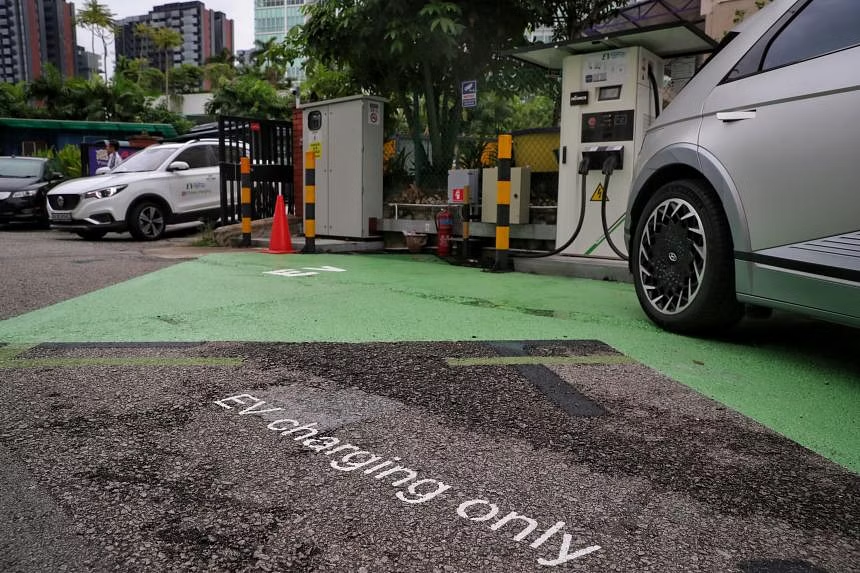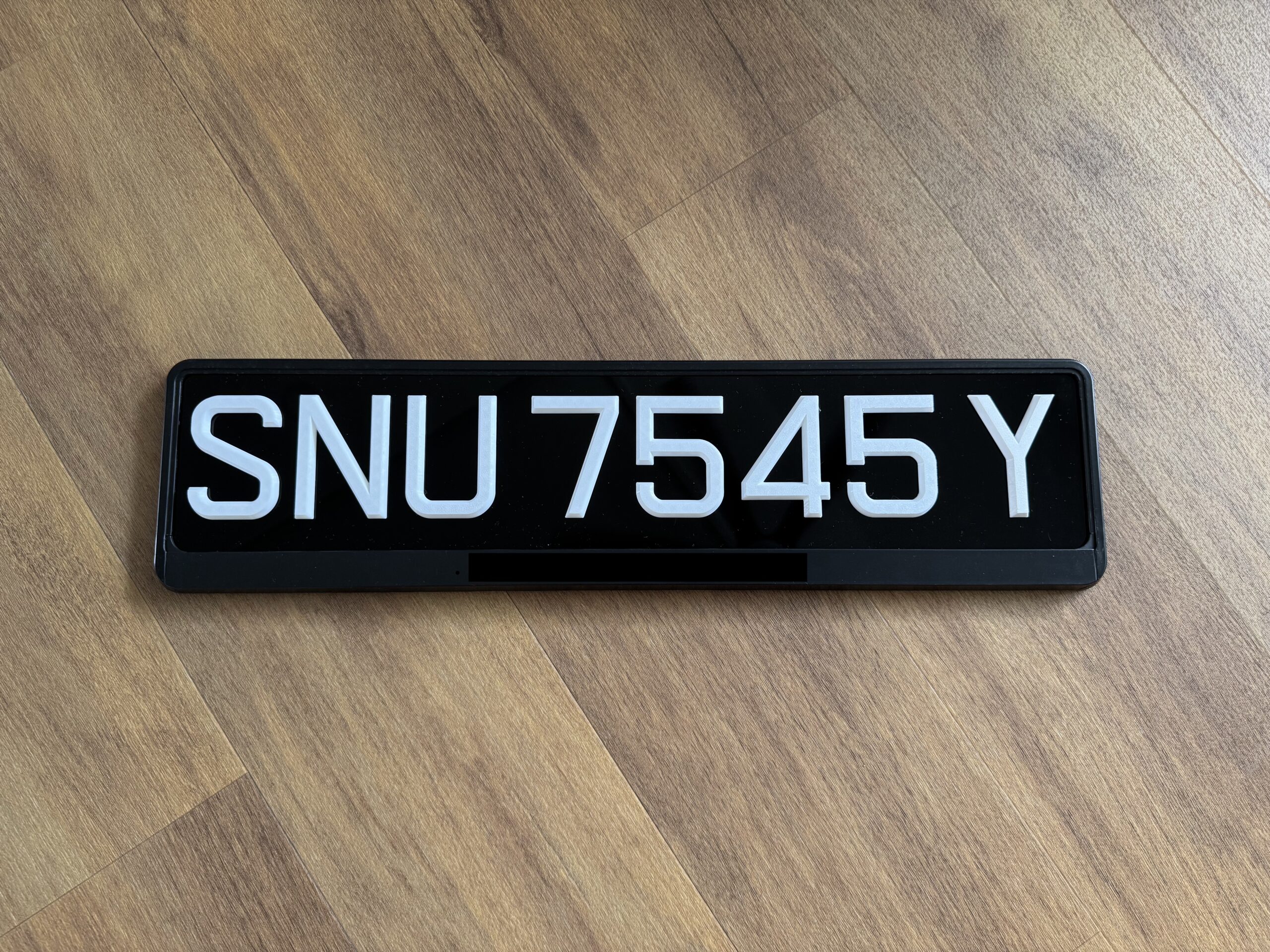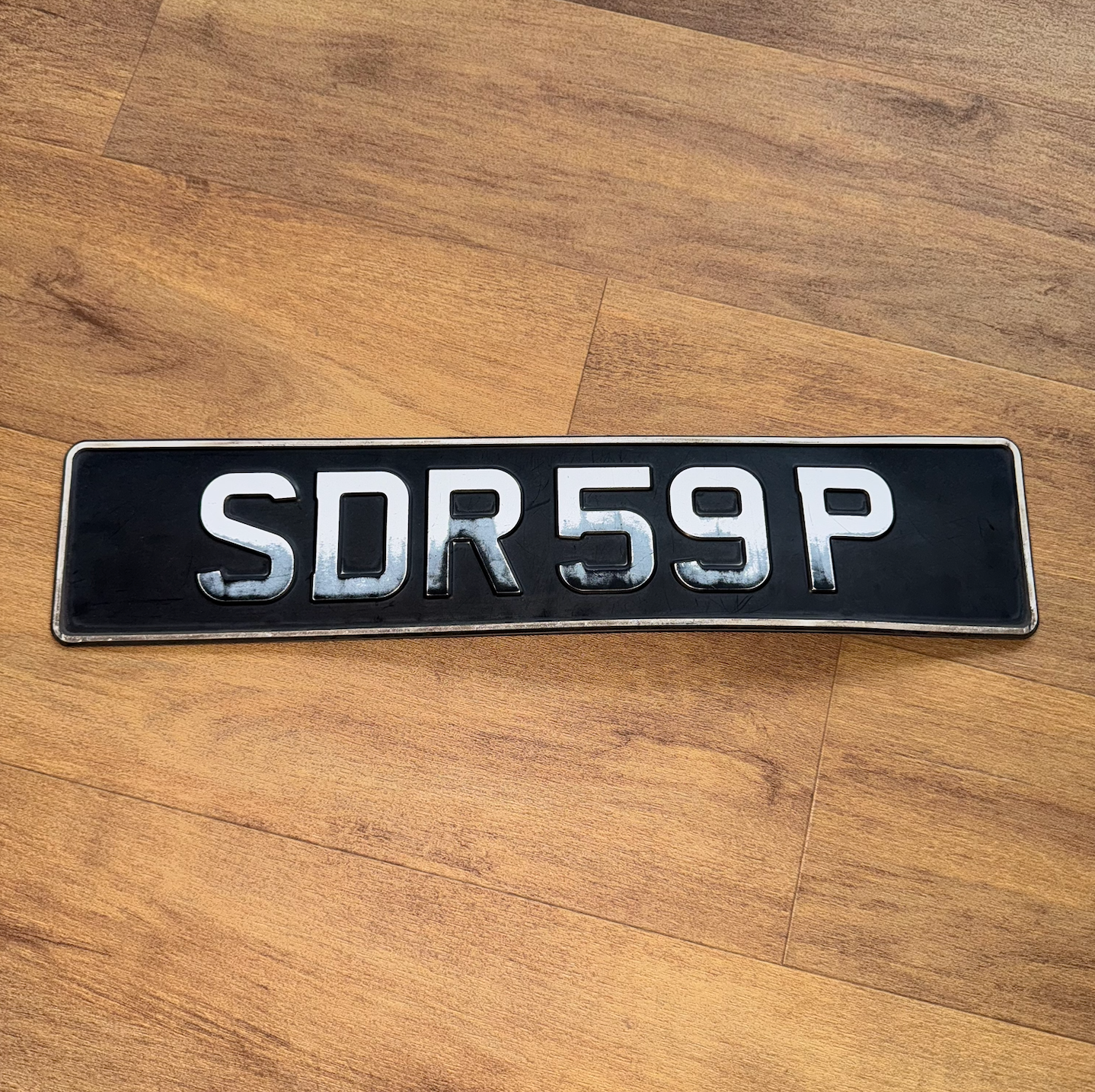The possibility of fitting electric vehicles (EVs) with special licence plates is being studied by the authorities in order to help first responders identify them more easily when there is an accident.
This would reduce the risks associated with rescue operations involving such vehicles.
Minister for Transport Chee Hong Tat said this in a written parliamentary reply on Aug 7, adding that currently, EVs can be identified through distinguishable features such as the logo of EV-only manufacturers and an absence of exhaust piping.
Mr Chee said that the Ministry of Transport, Ministry of Home Affairs and the Singapore Civil Defence Force are studying the proposal to attach special licence plates to EVs.
He was responding to a question by Mr Melvin Yong (Radin Mas) on the possibility of fitting all EVs in Singapore with specialised licence plates to identify them as EVs, so that first responders can take note of possible risks.
This is because first responders typically need to disconnect an EV’s main battery before evacuating and rescuing casualties, to prevent electrocution and fire, according to the United States Emergency Medical Services’ website.
In a separate reply to another question about EV fires filed by Mr Yong, Mr Chee revealed that there was one EV fire incident across all vehicles segments – cars, motorcycles, goods vehicles and buses – in 2023, compared with two in 2022 and one in 2021.
He added that the number of EV fire incidents has “remained low” although there has been a rise in EV adoption.
“We will continue to work with our partner agencies and the industry to ensure that vehicle electrification proceeds safely,” noted Mr Chee.
Additionally, Mr Alex Yam (Marsiling-Yew Tee GRC) and Mr Gan Thiam Poh (Ang Mo Kio GRC) filed questions about the number of EVs registered in Singapore by Housing Board flat residents, as well as the supply and usage rates of EV chargers across the island.
In response, Mr Chee said about one in three new cars sold in Singapore from January to June was an EV.
Of these new EVs, one-third were registered by HDB home owners, amounting to around 4,000 as at July – double the number of just under 2,000 EVs at the end of 2023, he noted.
The authorities are also on track to deploy charging points at all HDB carparks by the end of 2025, with chargers currently available at nearly half of all HDB carparks islandwide.
Mr Chee added that the utilisation of these chargers is relatively low but is expected to increase over time as EV adoption grows.
In total, 120 fast chargers will also be deployed at about 60 car parks in HDB town centres and JTC’s industrial premises, with the first two contracts for public fast chargers already awarded in June, said Mr Chee.



